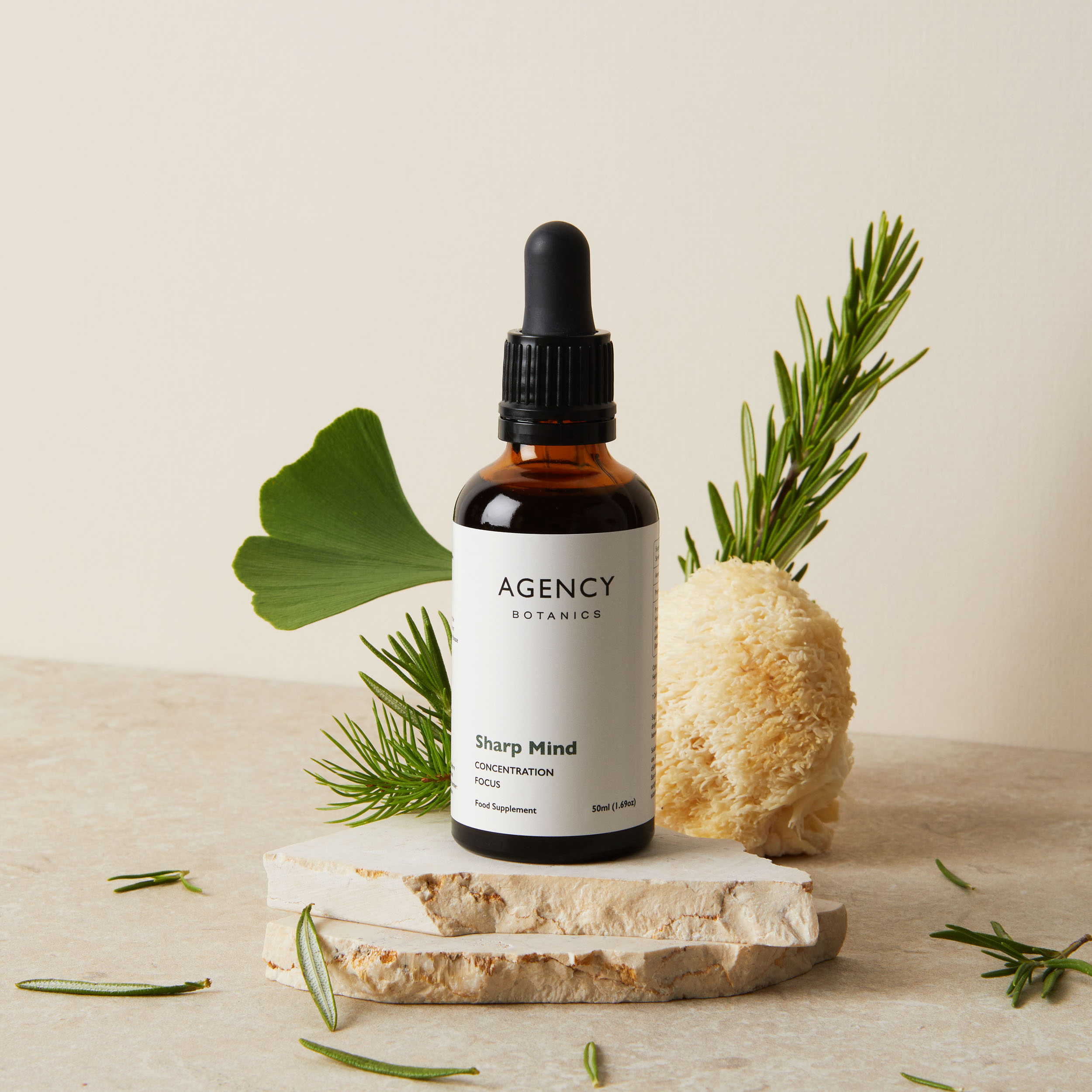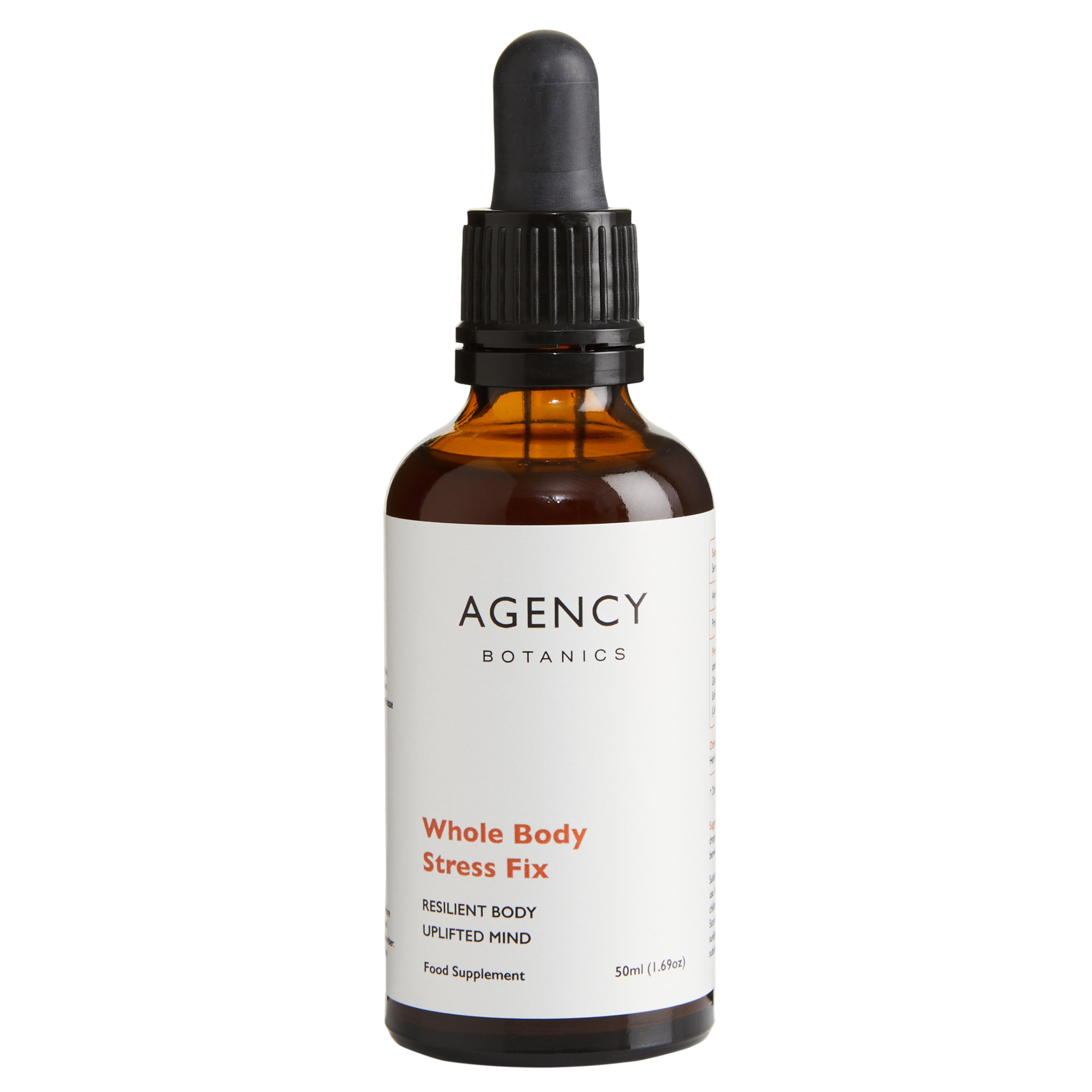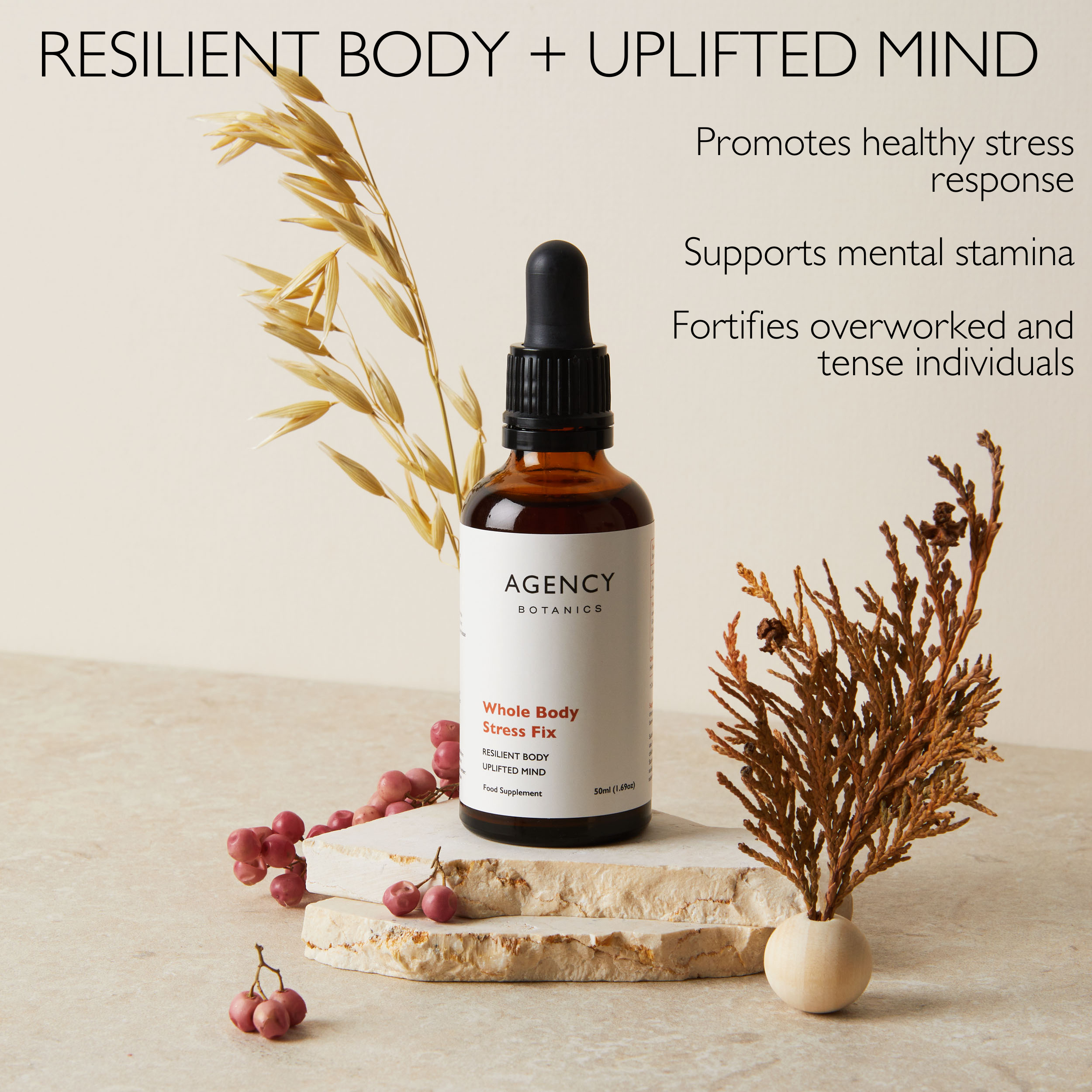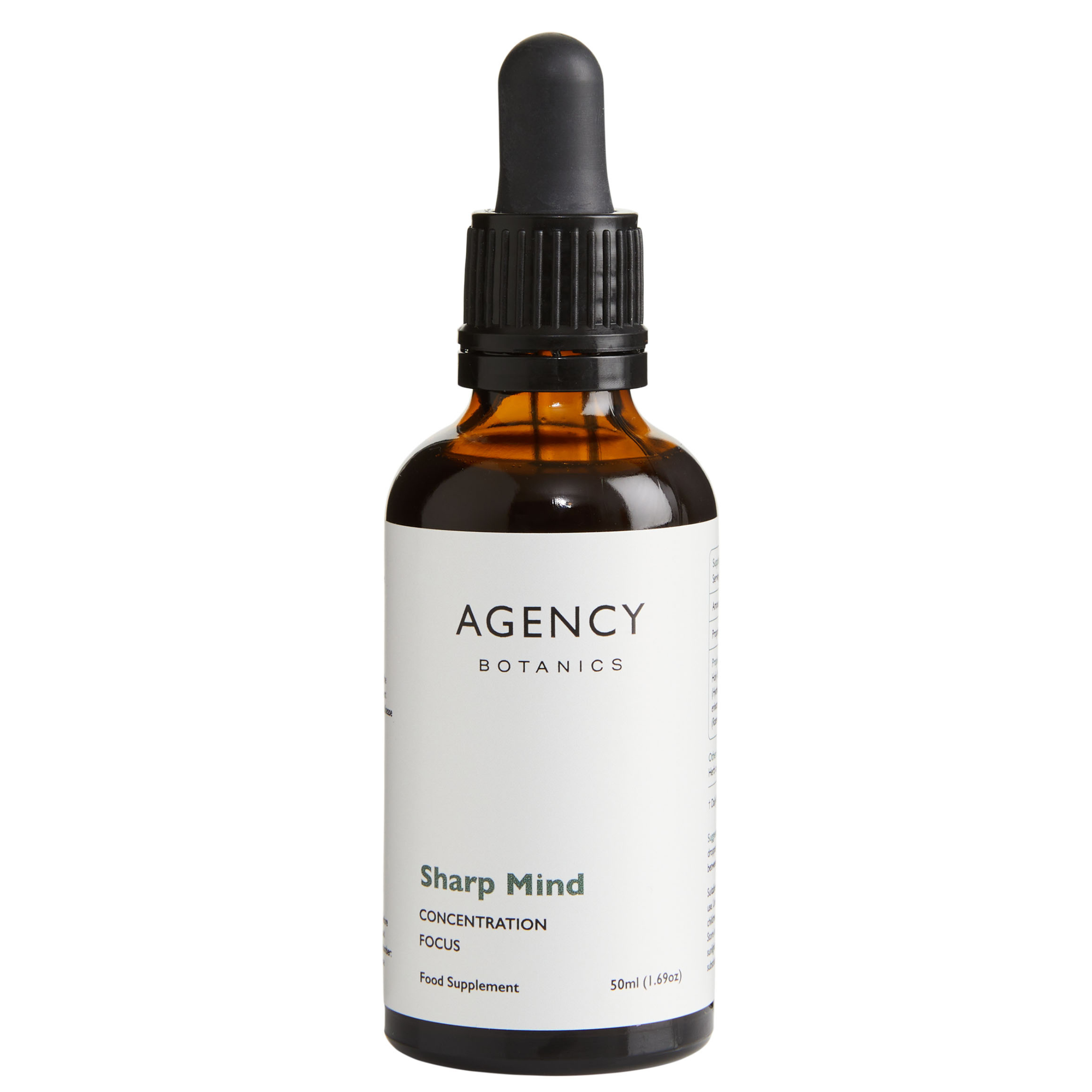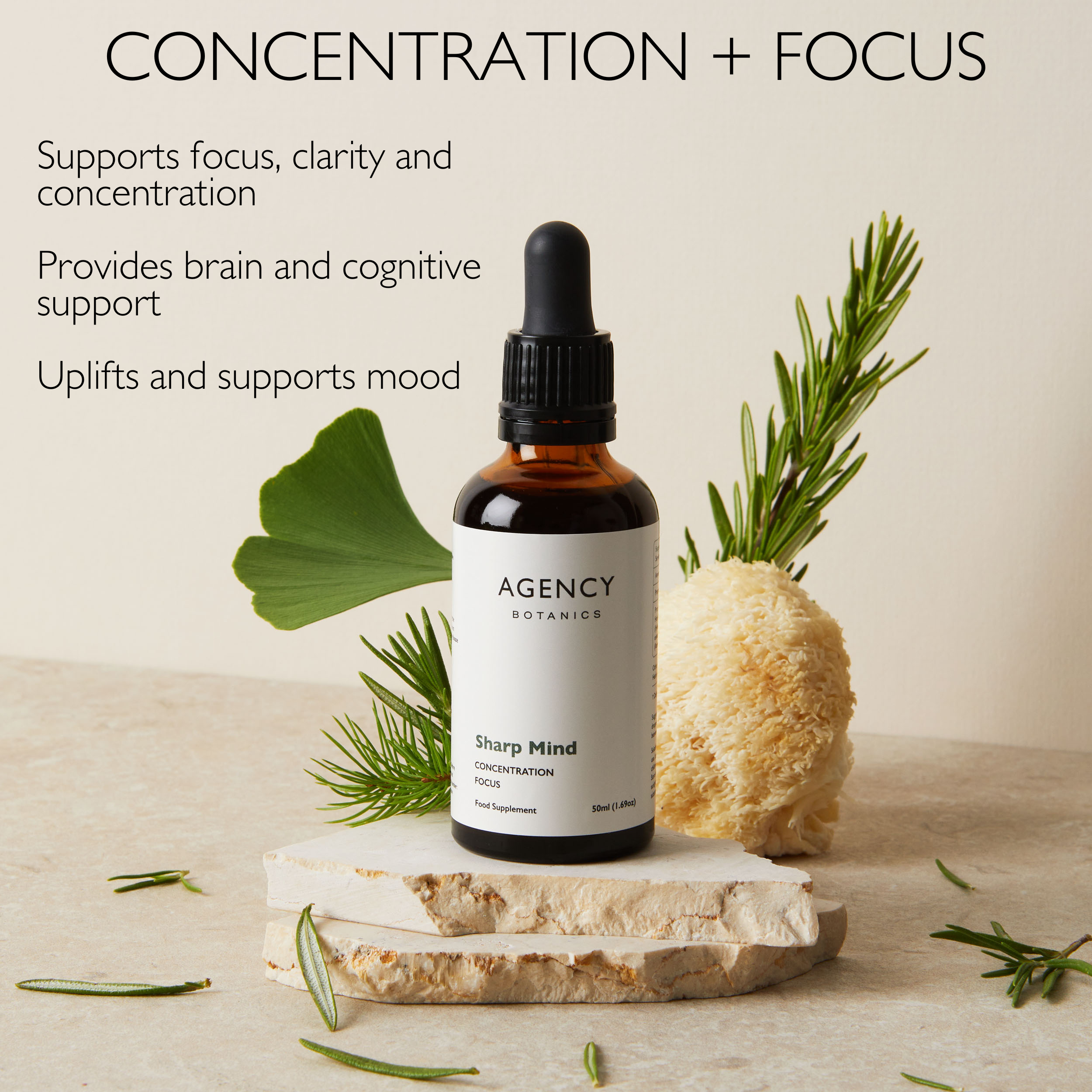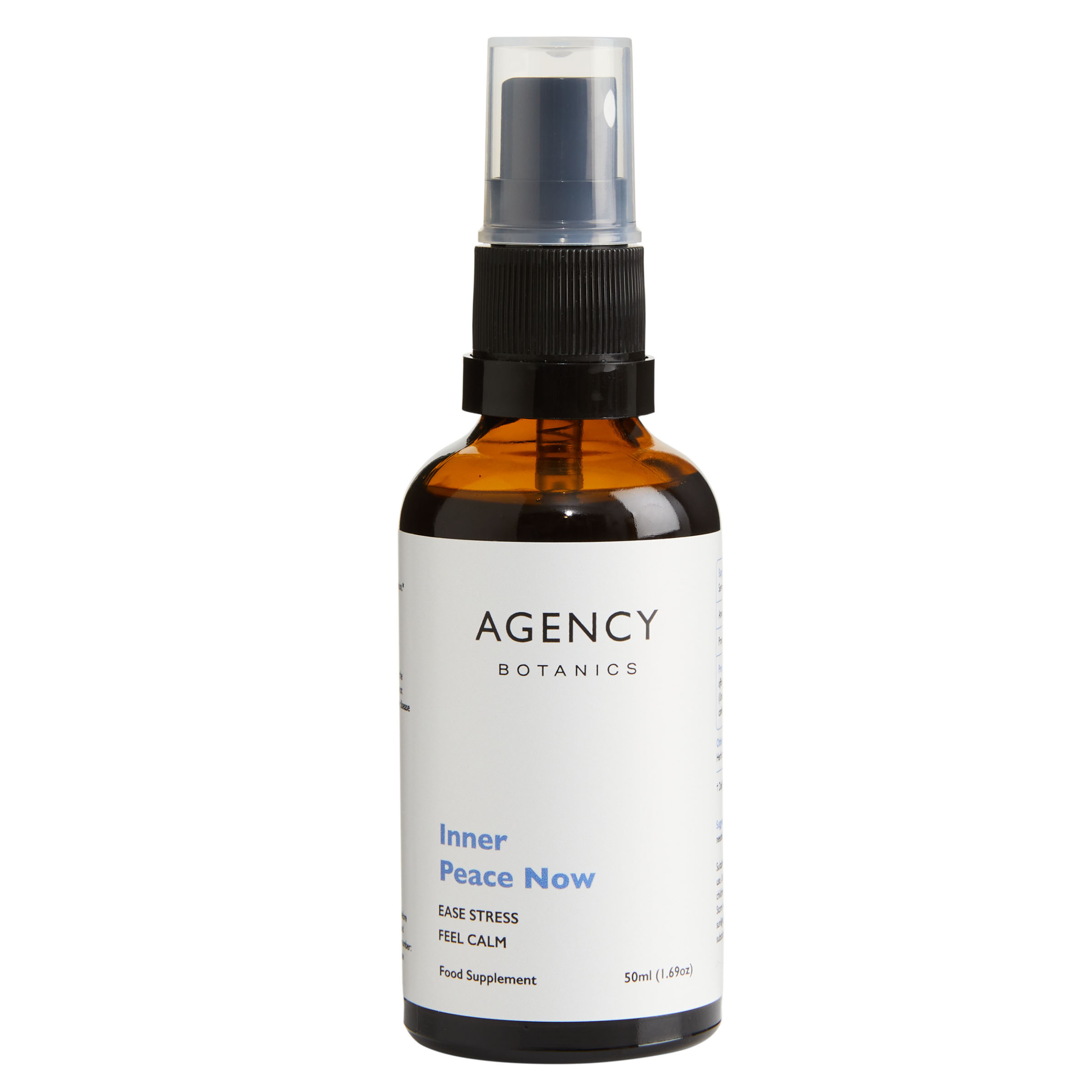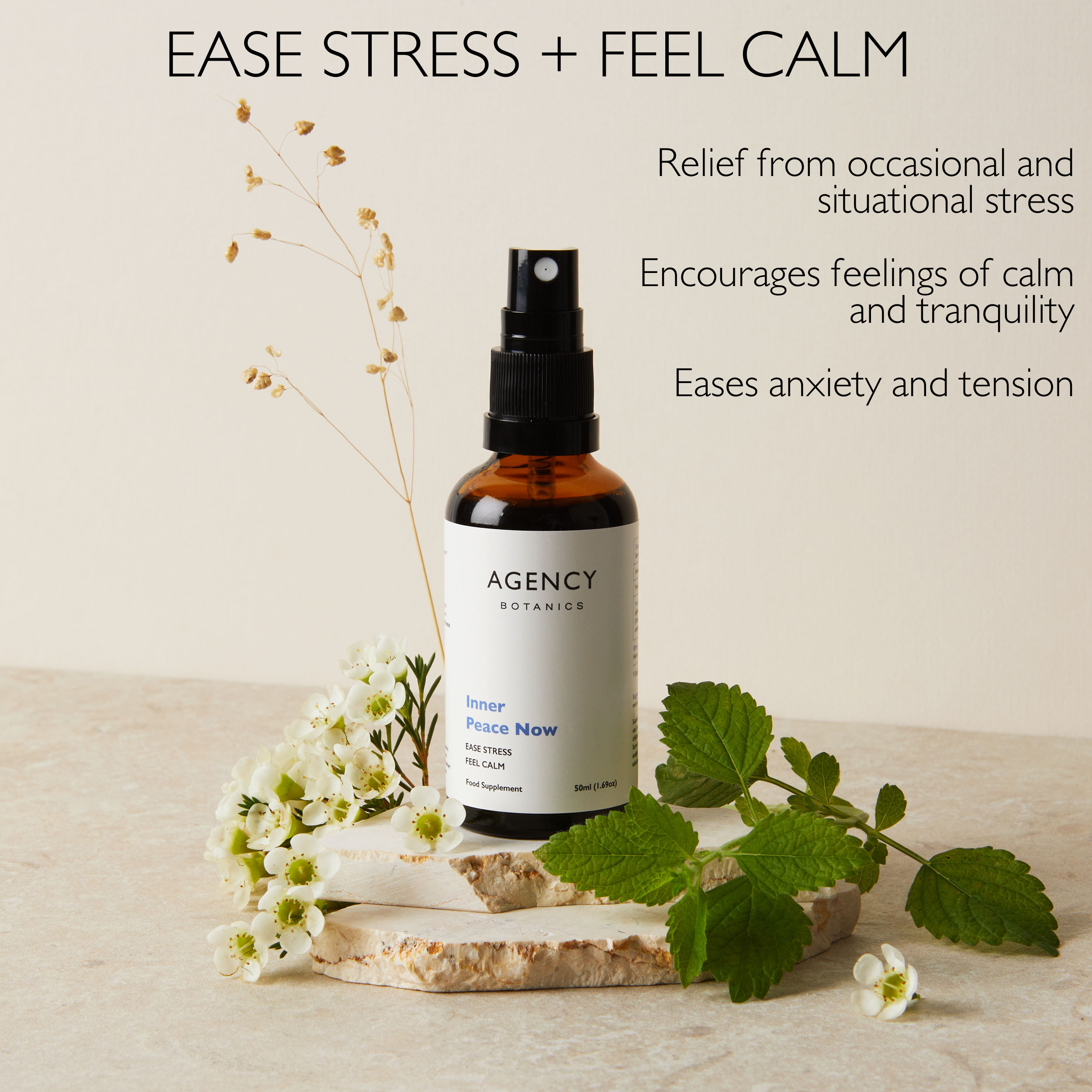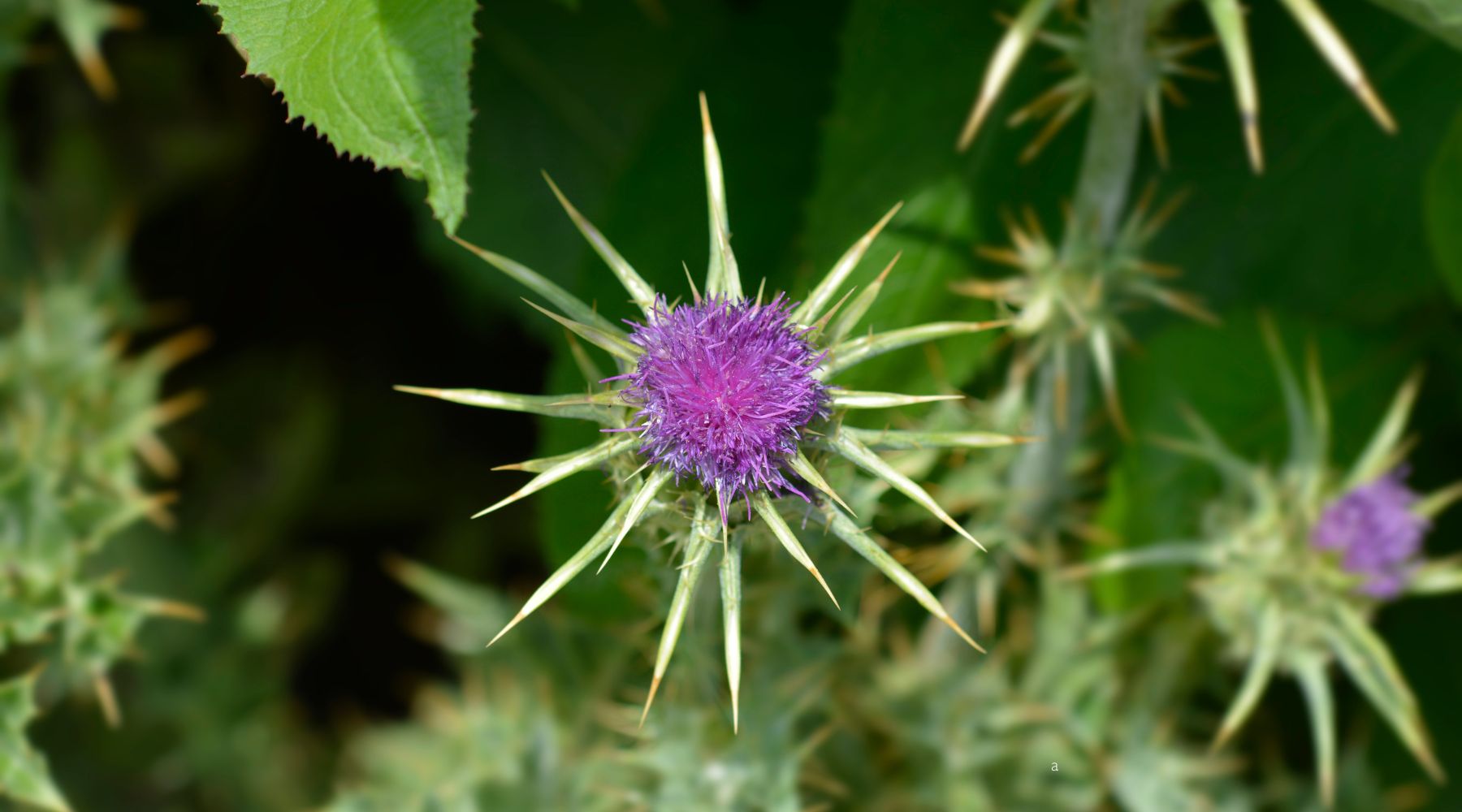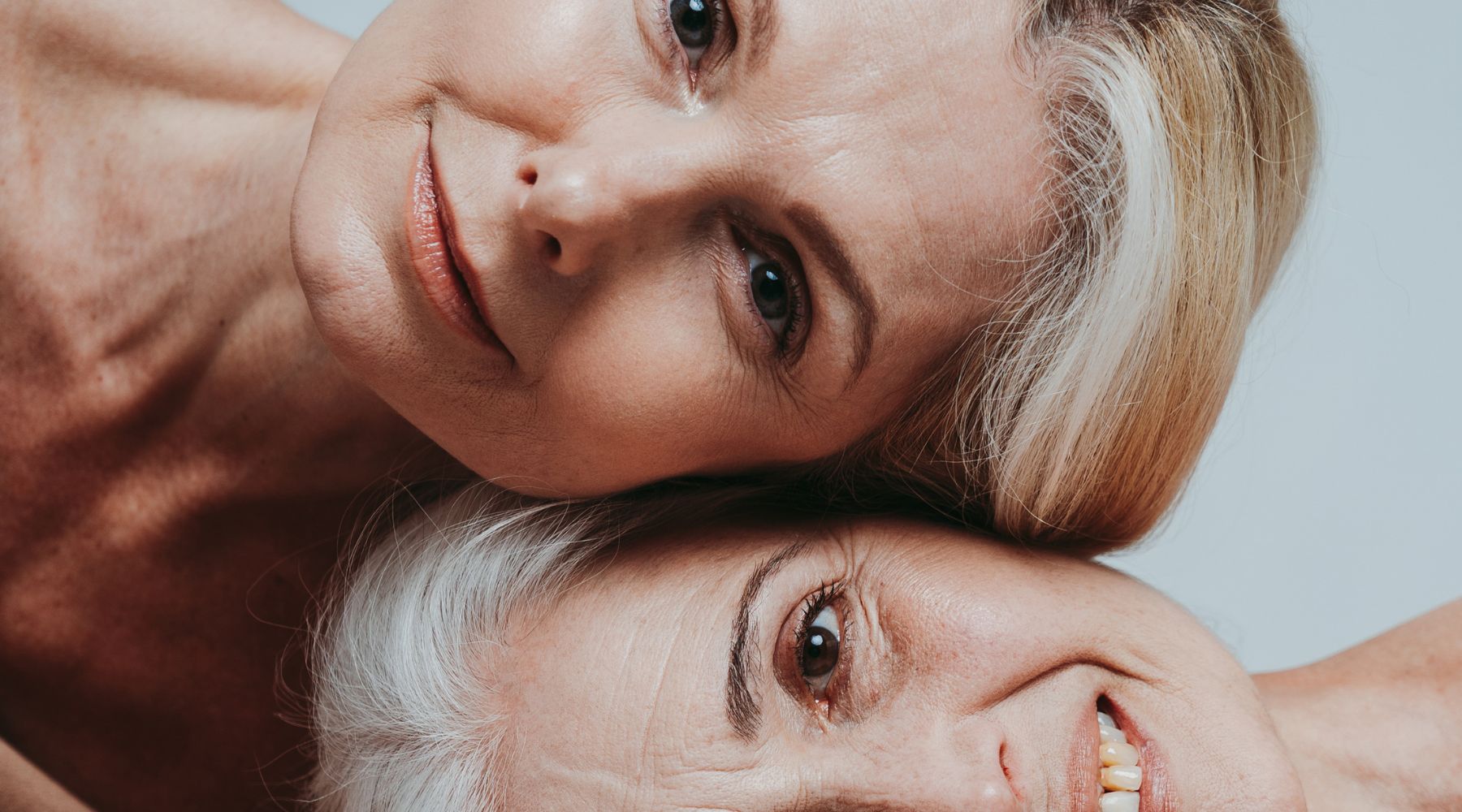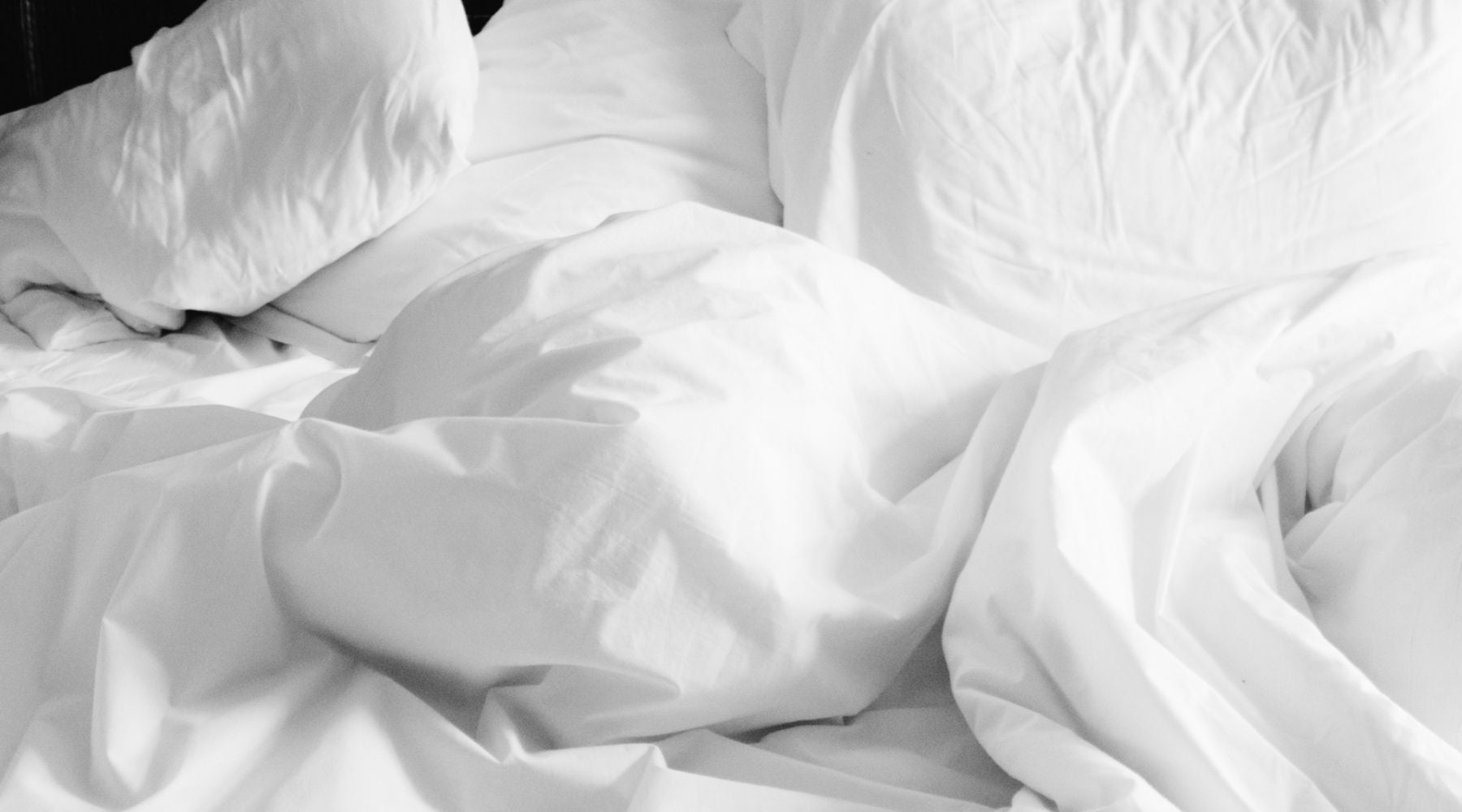
Practical tips for better sleep
Quality sleep is a cornerstone of health and necessary for optimal well-being.Yet many people have a hard time falling asleep, staying asleep, and getting enough of it.
Sleep is so important for every aspect of health and practicing good sleep hygiene throughout the day is key for better sleep at night. Sleep hygiene is a combination of all the rituals, routines and choices we make throughout the day to support a deeper and more restful sleep.
The most common signs of poor sleep are trouble falling asleep, disrupted sleep, and feeling irritable, tired, and lacking in concentration throughout the day. Sleep and mood are deeply interconnected and poor sleep had a negative effect on mood, contributes to depression and makes individuals less resilient to stress. Sleep is when the body repairs and rejuvenates itself, so whether your goals are optimize brain function, achieve radiant skin or make gains at the gym, sleep will play an important role in that outcome.
DAILY RITUALS FOR BETTER SLEEP
What you do during the day sends powerful signals for how you sleep at night. There are many sleep and awake signals that the brain needs for regulating the circadian rhythm, which resets according to the daily light and dark cycle. This 24-hour cycle is the body’s internal clock and it coordinates many of our mental and physical systems.

One of the most powerful things you can do for sleep is to view morning sunlight as early as possible, this is a critical awake signal for your brain. However, in the evenings and the closer you get to bedtime, you want to avoid bright light.
Some other tips include:
- Follow a consistent sleep schedule, even on the weekends. Staying up or sleeping in even an hour or two later than you normally do is a form of social jet lag and can have the same cognitive and physical effects as jet lag.
- Exercise in the morning or afternoon.
- Eat your last meal at least four hours before bed, this allows you to digest your food properly.
- Avoid caffeine after 12pm. Caffeine has a half life of about 4-6 hours. It can still be present in your body 6 hours after consuming it. If you have trouble sleeping, steer clear of other caffeine-containing stimulants during the day (tea, chocolate).
- Avoid alcohol because it disrupts sleep and affects both sleep length and depth.
The place where you sleep is very important and creating a relaxing environment will support better sleep. The bedroom should be for two things: sleep and sex. Consider incorporating the following elements for a relaxing and sleep-supportive bedroom.
- Keep all technology and screens out of the bedroom. Light from these screens is a powerful awake signal for your brain.
- Create a sanctuary in your bedroom with soft colours and no clutter.
- In the evenings keep the light low to send relax and wind down signals to your brain.
- Keep your bedroom cool. We sleep best in a cool environment.
- Keep your bedroom dark. This one can be difficult in a city with all the associated light pollution. Black out blinds and an eye mask can help.

Evening rituals for better sleep
The rituals you have before bed are powerful signals for your brain to prepare for sleep. You can create your own relaxing rituals or consider incorporating these into your evenings.
- Avoid all screens an hour or more before bed.
- Create relaxing rituals that include reading, facial care, or deep breathing.
- If your mind is still ruminating and worrying over work and life, it helps to write things down with notes on how to take action. Give yourself five minutes to write everything down and then move on.
- Use blue light glasses before bed if you absolutely must use screens before bed.
NATURAL SLEEP AIDS
Despite our best intentions, we all sometimes need a little help to sleep well. Some herbs and supplements can help to calm the nervous system and support restful sleep.
- Magnesium is involved in hundreds of biochemical processes in the body and a mineral that most people are probably not getting enough of. Consistent use of magnesium can help adults fall asleep faster, stay asleep for longer, and increase their levels of melatonin.
- L-theanine is a constituent found in green tea and has been shown to reduce anxiety and promote relaxation in the brain. L-theanine can help promote sleep by slowing brain activity, promoting positive feelings, and reducing alertness and anxiety.
- Hops is used as a nerve tonic and good for relaxing an overexcited and hyperactive mind. In Germany, hops is licensed as a standard medicinal tea and about 70 prepared sedative medicines in Germany contain hops extract.
- Passionflower supports those with nervousness, anxiety, restlessness, and insomnia.
- Reishi mushroom is a great adaptogen that helps to promote calmness and support stress management.

Blog disclaimer: Agency Botanics and its materials are not intended to treat, diagnose, cure or prevent any disease. All materials are provided for educational purposes only. Always seek the advice of your physician or another qualified healthcare provider for any questions regarding a medical condition, and before undertaking any diet, exercise, or other health-related programs.

